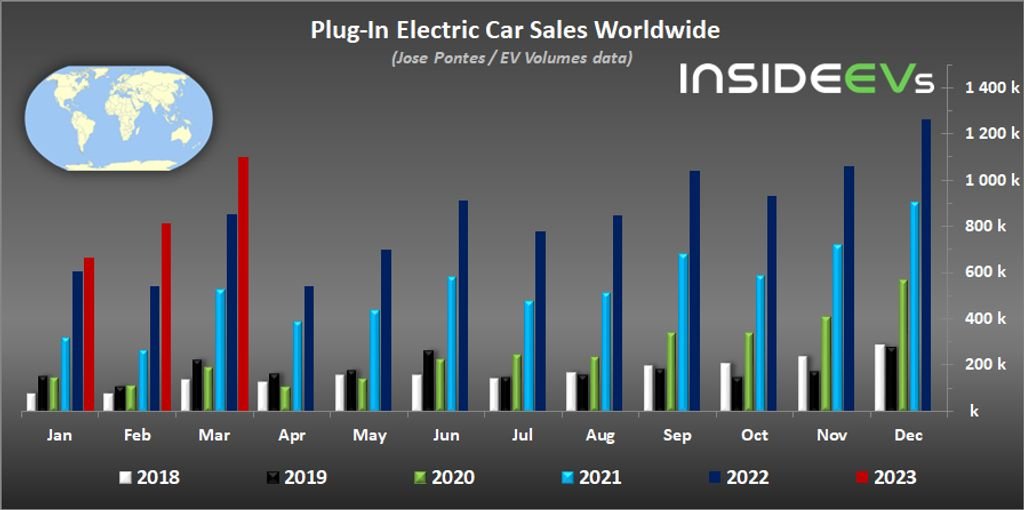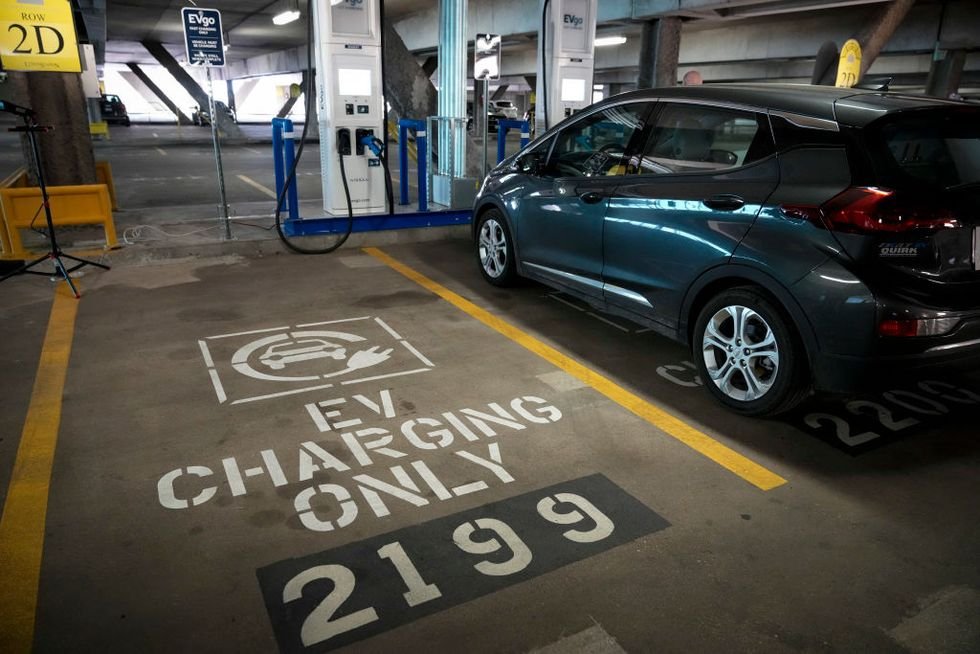Globally, 14 percent of new automobiles sold in 2022 were electric, up from 9 percent in 2021 and only 5% in 2020. Sales were up 25% in the first quarter of 2023 compared to the same period last year.

The benefits of electric vehicles are obvious: they do not need polluting gasoline or ethanol. They produce no tailpipe emissions. They are silent. They require less upkeep than gasoline-powered automobiles. Some can even offer energy for your home in an emergency.
However, the new generation of EVs is not without drawbacks. The batteries that power EVs need extensive mining, and the electrical networks that charge automobiles are frequently fueled by fossil fuels.

Still, many—say EVs are the future.
China accounts for 60% of worldwide EV sales, with Europe and the United States ranking second and third, respectively, although sales in developing markets like as India, Thailand, and Indonesia are expanding, albeit slowly.
Not everyone believes that EVs are for them.
One common source of concern is “range anxiety”—the idea that an EV would simply run out of power on a long ride. This worry is worsened by a lack of charging infrastructure—there are only 46,000 charging stations in the United States, compared to approximately 150,000 petrol stations.

Others argue that producing EV batteries and building the automobiles themselves produce more greenhouse gas emissions than a regular gas-powered vehicle.
Electric vehicles only can reach their full sustainable potential when the electricity powering them comes from renewable energy.
All said and done, “Do the math. And let your logic take over. When you do, you’ll always end up with electric vehicles.” 🙂
Reference- Electrek, Inside EVs, National Geographic, Interesting Engineering, Popular Science






